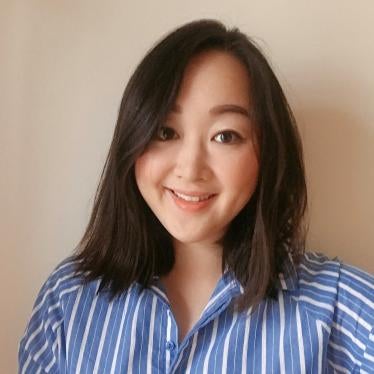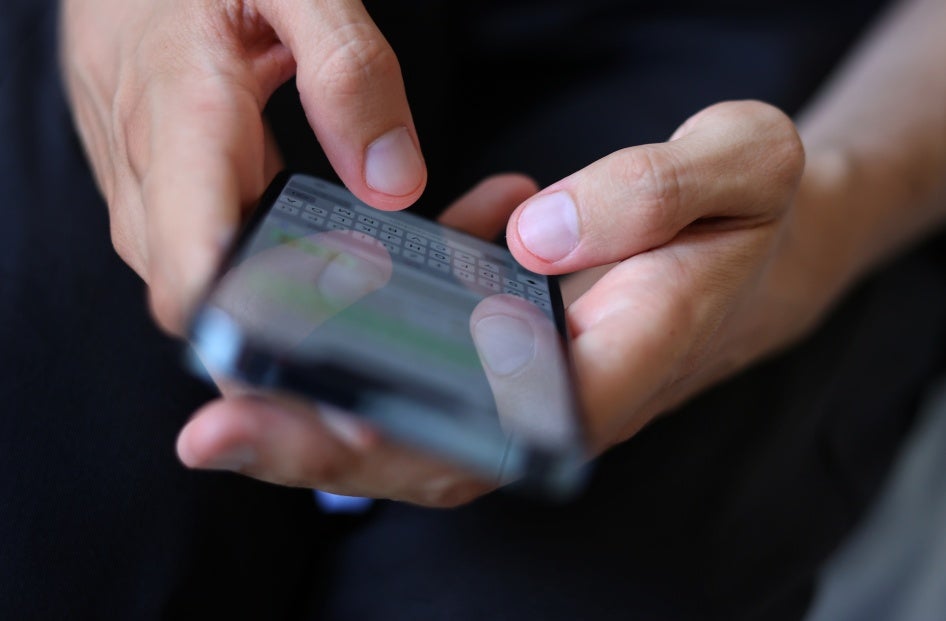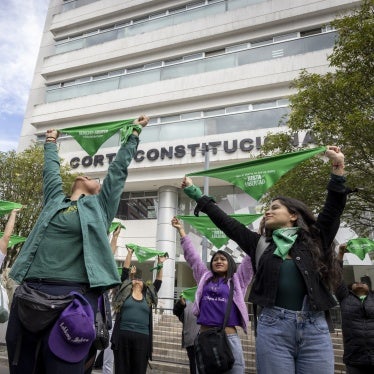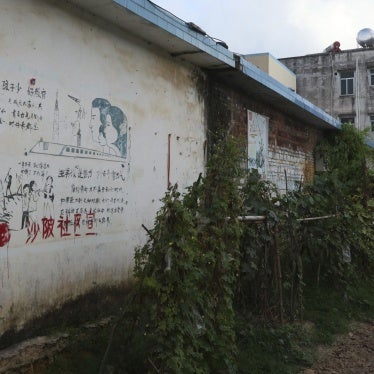Years after a South Korean court ordered the government to respect the right to access abortion care, South Korean women and girls are still unable to get this necessary sexual and reproductive service.
On May 17, a South Korean court rejected an appeal by Women on Web (WoW), a nongovernmental organization that provides information on sexual and reproductive health and rights, and Open Net Korea, a digital rights civil society organization, to unblock the WoW website. The Korea Communications Standards Commission blocked the website in 2019, claiming it violated the country’s Pharmaceutical Affairs Act by connecting women in need of abortion pills, which have not been legalized in the country, to overseas pharmacists.
But also in 2019, South Korea’s Constitutional Court overturned the country's decades-long abortion ban. The decision left next steps to the National Assembly, but when it failed to reform the laws as required by the end of 2020, abortion became fully decriminalized in 2021.
Since then, the government has made little effort to update its laws, leaving abortion in a legal gray zone, creating uncertainty about where and how women and girls can access affordable and safe abortions. Amendments are also needed to include abortion as a covered medical procedure under the national insurance plan.
The lack of progress is unsurprising, given that the president was elected on an anti-feminist agenda, promising to abolish the Ministry of Gender Equality and Family. The government has also started to eliminate the word “women” from policies originally addressing women’s rights issues, such as violence against women, claiming there is no systemic gender discrimination.
Data tells a different story. South Korea has the largest gender pay gap among the Organisation for Economic Co-operation and Development countries. For 12 consecutive years, South Korea ranked last on the Glass Ceiling Index, which measures factors like salaries, childcare, and representation in senior positions to evaluate women's chances of equal treatment at work.
The government’s disregard for the right of women and girls to access abortion care is part of a broader picture of extreme gender discrimination. The South Korea government should unblock the WoW website and amend laws, including to legalize abortion pills – included in the World Health Organization’s essential medicines list – so women and girls can access safe and affordable abortions. This is essential to protect their autonomy, health, and well-being. And, according to the country’s own Constitutional Court, it’s the law.









